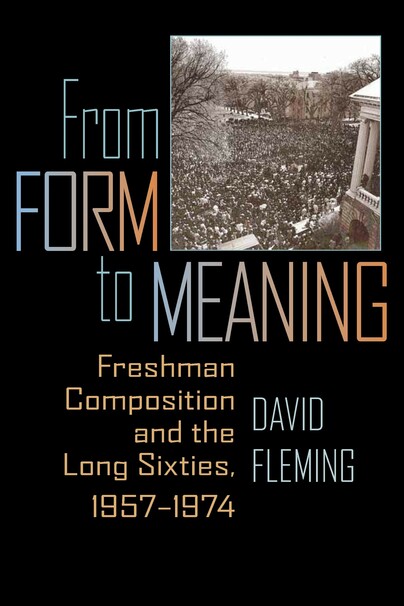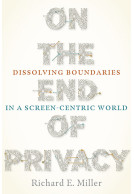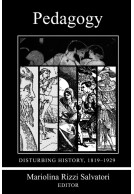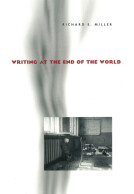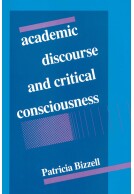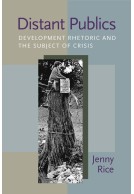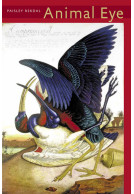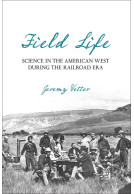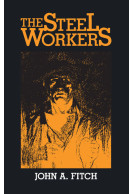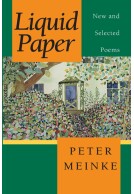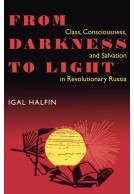Google Books previews are unavailable because you have chosen to turn off third party cookies for enhanced content. Visit our cookies page to review your cookie settings.
From Form to Meaning (Paperback)
Freshman Composition and the Long Sixties, 1957–1974
Imprint: University of Pittsburgh Press
Series: Composition, Literacy, and Culture
Pages: 288
ISBN: 9780822961536
Published: 10th June 2011
Script Academic & Professional
Series: Composition, Literacy, and Culture
Pages: 288
ISBN: 9780822961536
Published: 10th June 2011
Script Academic & Professional
This book will be reprinted and your order will be released in due course.
You'll be £38.50 closer to your next £10.00 credit when you purchase From Form to Meaning. What's this?
+£4.99 UK Delivery or free UK delivery if order is over £40
(click here for international delivery rates)
Order within the next 7 hours, 53 minutes to get your order processed the next working day!
Need a currency converter? Check XE.com for live rates
(click here for international delivery rates)
Order within the next 7 hours, 53 minutes to get your order processed the next working day!
Need a currency converter? Check XE.com for live rates
In the spring of 1968, the English faculty at the University of Wisconsin-Madison (UW) voted to remedialize the first semester of its required freshman composition course, English 101. The following year, it eliminated outright the second semester course, English 102. For the next quarter-century, UW had no real campus-wide writing requirement, putting it out of step with its peer institutions and preventing it from fully joining the \u201ccomposition revolution\u201d of the 1970s. In From Form to Meaning, David Fleming chronicles these events, situating them against the backdrop of late 1960s student radicalism and within the wider changes taking place in U.S. higher education at the time. Fleming begins with the founding of UW in 1848. He examines the rhetorical education provided in the universityÆs first half-century, the birth of a required, two semester composition course in 1898, faculty experimentation with that course in the 1920s and 1930s, and the rise of a massive \u201ccurrent-traditional\u201d writing program, staffed primarily by graduate teaching assistants (TAs), after World War II. He then reveals how, starting around 1965, tensions between faculty and TAs concerning English 101-102 began to mount. By 1969, as the TAs were trying to take over the committee that supervised the course, the English faculty simply abandoned its long-standing commitment to freshman writing. In telling the story of compositionÆs demise at UW, Fleming shows how contributing factors—the growing reliance on TAs; the questioning of traditional curricula by young instructors and their students; the disinterest of faculty in teaching and administering general education courses—were part of a larger shift affecting universities nationally. He also connects the events of this period to the long, embattled history of freshman composition in the United States. And he offers his own thoughts on the qualities of the course that have allowed it to survive and regenerate for over 125 years.
Other titles in the series...
Other titles in University of Pittsburgh Press...







